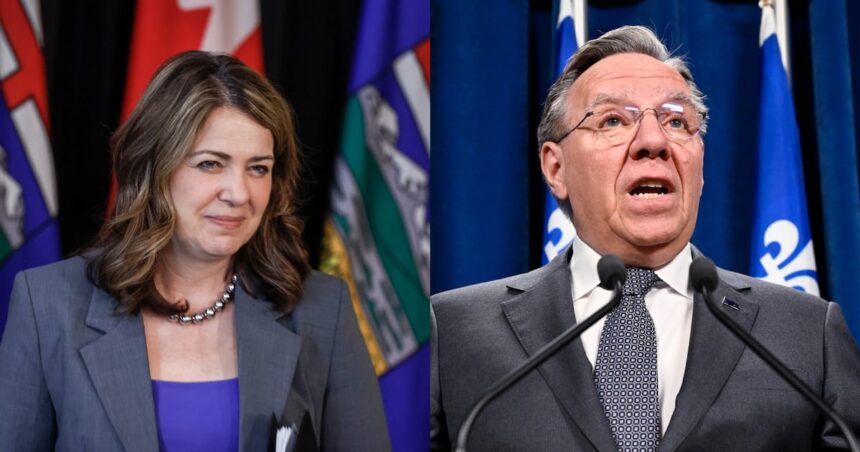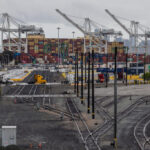In a development that could reshape Canada’s energy landscape, Alberta Premier Danielle Smith has characterized Quebec’s newfound openness to pipeline projects as a “massive breakthrough” in inter-provincial relations. The policy shift, announced during recent federal-provincial talks, marks a significant departure from Quebec’s long-standing resistance to hydrocarbon infrastructure crossing its territory.
“This represents a fundamental change in our national conversation about energy,” Smith declared during a press conference in Edmonton yesterday. “For years, Alberta’s resources have been landlocked by political opposition. Quebec’s willingness to reconsider pipeline proposals opens doors that have been firmly shut for almost a decade.”
The unexpected shift follows intense negotiations between provincial leaders and mounting economic pressures. Quebec Premier François Legault, who previously maintained rigid opposition to new pipeline developments, cited evolving energy security concerns and potential economic benefits as key factors behind the reconsideration.
“While we maintain our commitment to environmental protection, we must balance this with practical energy needs and economic opportunities,” Legault stated. “This is not abandoning our principles but acknowledging the complex reality of Canada’s energy transition.”
Economic analyses from the Canadian Energy Research Institute suggest that improved pipeline access could generate up to $4.5 billion in additional annual revenues for Alberta while creating thousands of jobs across multiple provinces. For Quebec, projections indicate potential economic benefits exceeding $800 million annually through transportation fees, construction jobs, and long-term infrastructure investment.
Environmental organizations have responded with immediate concern. Greenpeace Canada representative Élise Tremblay described the shift as “a dangerous step backward” in climate commitments. “At a time when we should be accelerating renewable energy development, reviving fossil fuel infrastructure proposals undermines Canada’s climate goals,” she argued.
The federal government has taken a measured approach to the development. Natural Resources Minister Jonathan Wilkinson emphasized that any new projects would still face rigorous environmental assessment. “While improved provincial cooperation is welcome, all energy infrastructure must meet Canada’s strict environmental standards and climate objectives,” Wilkinson noted during parliamentary questions.
Industry observers point to several factors driving Quebec’s policy recalibration, including recent energy price volatility, shifting geopolitical alignments affecting global supply chains, and new pipeline technologies with enhanced safety features. Canadian Chamber of Commerce President Perrin Beatty described the shift as “recognition of the economic reality that our national prosperity depends on responsible resource development.”
The most immediate practical impact may involve renewed consideration of the Energy East pipeline concept, which was abandoned in 2017 after facing significant regulatory hurdles and provincial opposition. TransCanada (now TC Energy) officials have indicated they are “evaluating options” but stopped short of confirming plans to revive the project.
As provincial and federal officials prepare for a summer energy summit in Winnipeg, the question remains: can Canada finally strike the delicate balance between energy development, environmental protection, and provincial autonomy that has eluded policymakers for generations?











